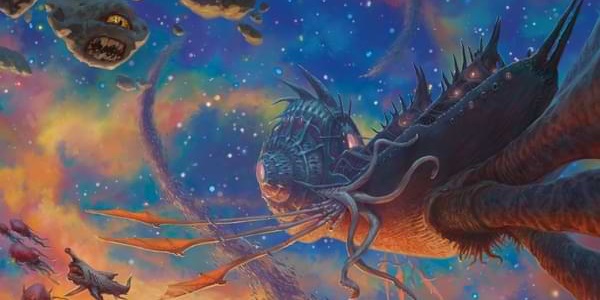Now I rebember the rpg "7th Sea" was offensive for me because the church (even a fictional church) was showed as enemy of the science (that trope is totally false) and mentionating the inquisition could knock your door in the middle of the night (in the real life the most of people judged by the Spanish inquisition were ordinary criminals who blasphemed in lay trails because they would rather to be judged by the inqusition).
I am not happy with the movie "the woman king" because in the fiction they were anti-slavery but in the real life they were the opposite. They attacked their neighbours to catch slaves.
Usually preteens don't play D&D because rules are too complex, but if the DM is an adult, and this will worry about a kid-friendly tone.
When I was a child there were lots of "swords & sandals" movie with slave characters, and sometimes Christians killed in the Roman circus. I have said some time the slavery was showed in some episodes of the Legendary Journeys of Hercules and Xena the warrior princess. In an episode Lucy Liu was a fugitive slave. The slavery can be showed in the fiction, even for teenage audiences, but as something that is wrong, done by no-good people, and something has to be abolished. Aren't children allowed to see movies of "Uncle Tom's Cabin" when these are anti-slavery?
And the pirates were slaves-traffickers. You can't paint a romantic image of the pirates when these were criminals, with the hands tainted by blood of innocent people. And in the real life their attacks were the towns in the coasts because these were weaker to be protected. The Spanish ships traveled together in convoys to avoid the attacks of those pirates. And the famous pirate Barbarrosa was Otoman (with Greek blood).

 www.dndbeyond.com
www.dndbeyond.com





